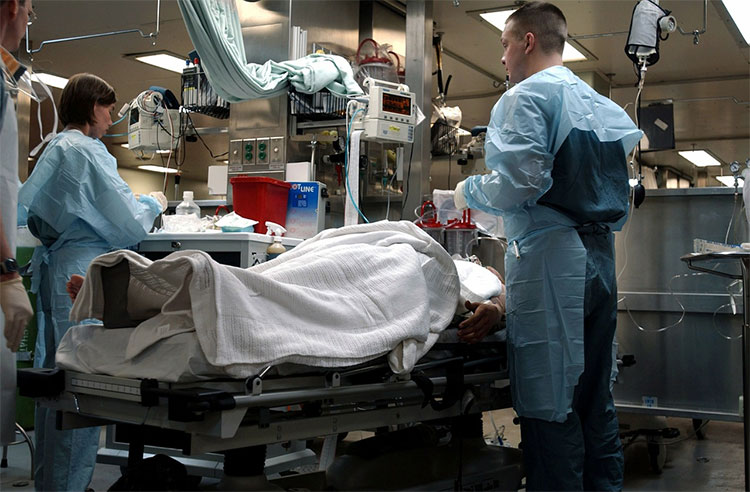The Debate: What Is Medical Malpractice?

Doctors are considered to be among the noblest of professionals. They are responsible for treating the injured and curing the ill. They save lives on a regular basis and without doctors, more people might be burying their loved ones instead of holding them in their arms.
There’s also a reason why doctors are highly paid. They are in charge of no less than the lives of their patients, after all, and to most people, money is a small price to pay for the life and well-being of a loved. But there, too, is a sad truth that we need to face, and that’s the fact that there are some people who don’t take their professional responsibilities as seriously as they should.
There are times when the people we entrust with our lives may not be as willing to abide by the Hippocratic oath as they ought to. While it may be a rare occurrence, medical malpractice does happen and sometimes, the aspect that makes it so vile is not just the fact that it even happened to begin with, it is the fact that it often happens at the expense of an innocent person.
Medical Malpractice Defined
The legal definition of medical malpractice is: “the failure of a medical professional to follow the accepted standards of practice of his or her profession, resulting in harm to the patient.”
When a doctor, or any other medical professional, is found to have been guilty of medical malpractice, they are subject to sanctions ranging from a cautionary statement, fines, and even up to the suspension or revocation or their practitioner’s license.
What are the Elements in a Medical Malpractice Lawsuit?
Doctors and other medical professionals are assumed to have received extensive training that allows them to handle a wide variety of medical emergencies and to also be able to provide proper medical treatments. However, despite this, some procedures are more complicated than others. Therefore, bad results do not necessarily mean that the medical professional did not give proper treatment.
Ask any lawyer from www.seattlemalpracticelawyers.com and they will tell you that there are four criteria that the court uses as a point of reference in determining whether there was indeed a commission of medical malpractice. These criteria are:
- Duty of care
- Failure to fulfill that duty
- Resulting injury because of aforementioned failure
- Damages
A duty of care is the assumed responsibility that the doctor has that no harm will come to the patient while the patient is under the doctor’s care.
A medical professional is deemed to have failed in that responsibility when he or she is unable to adhere to recommended medical standards for a particular procedure. Actions include checking for any allergies toward medication, assessing previous medical history, and sterilizing the environment where the patient is going to be treated.
The injury sustained by the patient must be a result of the negligence of the medical professional, otherwise it cannot be deemed a form of medical malpractice.
Damages are any negative result that the plaintiff is subjected to as a result of the defendant’s actions (or failure to do what is expected). These can come in the form of physical, emotional, and psychological damage and these cannot be immediately rectified by the defendant.
Have you read?
# World’s Best Countries To Invest In Or Do Business.
# Countries With The Best Quality of Life, 2019.
# Most Startup Friendly Countries In The World.
# The World’s Safest Cities Ranking.
Bring the best of the CEOWORLD magazine's global journalism to audiences in the United States and around the world. - Add CEOWORLD magazine to your Google News feed.
Follow CEOWORLD magazine headlines on: Google News, LinkedIn, Twitter, and Facebook.
Copyright 2025 The CEOWORLD magazine. All rights reserved. This material (and any extract from it) must not be copied, redistributed or placed on any website, without CEOWORLD magazine' prior written consent. For media queries, please contact: info@ceoworld.biz








